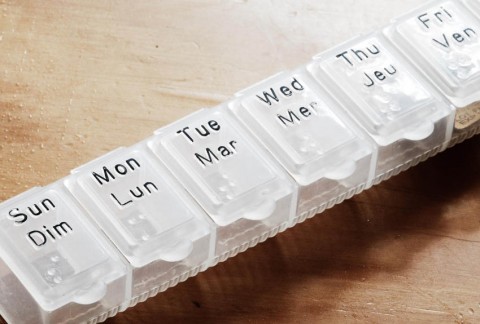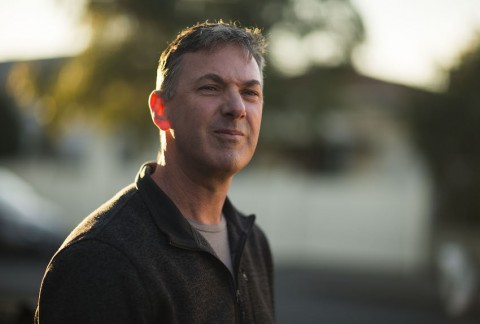For Schziophrenia Awareness Week we've put together a list of resources that explore issues relating to schizophrenia.
The SANE Blog
Recent research revealed that almost 20 percent of Australians believe people who suffer from anxiety are ‘putting it on’ and are using this condition as an excuse to ‘get out of things’. This news is likely to leave the two million people in Australia suffering from anxiety feeling even more isolated and misunderstood.
But there is another side to this story which is more encouraging. The same research shows that more than 50 percent of us disagree with this idea and another 30 percent have no particular viewpoint. This means that at least half of the Australian population understands anxiety is real and exists on a continuum.
While most people recognise that loss is a normal part of life, the grief that follows is often misunderstood.
To help clear up this confusion, we’ve compiled a list of the common misconceptions held about grief.
People take psychiatric medications for a variety of conditions and for varying lengths of time – sometimes indefinitely. So it is not unusual for some people to consider coming off their medication, especially if they are feeling better or the side effects are making life difficult.
I have Bipolar Disorder Type 1 and my husband has Bipolar Disorder Type 2. We’ve been married for 12 years and call ourselves Mr and Mrs Bipolar, in an affectionate way. But it's not always been an easy way. Not by a long shot.
It is so easy to disassociate, not only from each other, but from ourselves when things 'get too hard'. For me, I need more to live beyond 'just coping'. I want to thrive, rather than just survive. But on the bad days I'll settle with survive!
Have you ever listened to a song and strongly related to the words or the music? It can be comforting to hear someone else express emotions that reflect how you are feeling or what you are thinking.
Music is powerful and very personal. It can affect our emotions, motivate or comfort us, and above all give us pleasure! Music plays a major part in people’s lives. And for many their musical tastes and interests are strongly tied to their sense of identity.
There are lots of myths about Bipolar disorder. Unfortunately many invite stigma towards people living with Bipolar, potentially limiting the support, understanding and treatment they receive.
Because of this it’s important to know the facts. Here’s a few of the most common myths about Bipolar disorder.
Today is Close the Gap Day. A day when we recognise the health gap that exists for Aboriginal or Torres Strait Islander people, and identify what needs to be done to close this gap.
Since 2006, the Close the Gap Coalition — a group of Indigenous and non-Indigenous organisations — has called for governments to take action and achieve Indigenous health equality by 2030.
How does the way we think influence the way we feel? What goes on in our minds – both consciously and unconsciously – and how do our thoughts impact on our mental health?
Maybe you’ve reacted to events in ways that cannot be explained rationally and just seem to make everything worse. You’ve probably felt confused and frustrated by your actions or emotional responses.
If you’ve ever felt like this, there are ways to better understand and manage your reactions.
When someone experiences a mental health crisis, the treatment they receive often excludes them from the decision-making process. This can result in isolation, increasing their distress and aggravating symptoms.
So is this the best way to respond to a mental health crisis? And why isn’t the patient and their family consulted and included in the decision-making?









